Five individuals from underrepresented backgrounds will receive guidance in their post careers
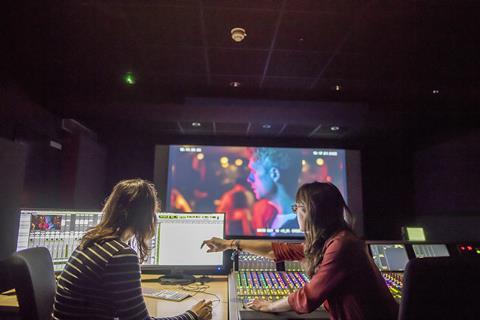
Channel 4 has set up an initiative to enable five mid- to senior level people progress their careers in post-production.
Billed as the UK’s first post-production development programme, 4PP (4 Post-production) is intended to improve off-screen diversity in the broadcast industry’s post-production sector by offering five people from underrepresented backgrounds the chance to progress their careers in in craft and technical roles with positions with C4’s indie partners.
The five individuals will receive mentoring from senior figures in the industry, bespoke skills gap training and shadowing and placement opportunities.
The six-month project is funded through 4Skills, C4’s training and development strategy.
Applications for 4PP are now open and applicants must have over five years; experience in the job role they wish to progress in. Deadline for entries is 31 May.
4PP has been developed by C4’s creative diversity team in partnership with dialogue editor and dubbing mixer Emma Butt, who wrote a paper on the lack of diversity in sound roles in TV, supported by the Lenny Henry Centre for Media Diversity.
Butt, who chaired a C4 webinar in January on diversity in post, will be a mentor on 4PP.
C4 creative diversity lead Neila Butt said: “Following our session on representation within post-production, we wanted to translate our conversation into action. We feel the progression placement developed during the Black to Front project was a real success in making meaningful change. When Emma approached us about this issue, we felt it was something we should take action on and lead the way, and we hope that this kickstarts a change across the industry.”
Emma Butt said that while on-screen representation continues to improve, similar efforts in post-production continue to be neglected.
“This programme is the first step in addressing decades long imbalance and I’m grateful to Channel 4 for being the first to help progression in our sector,” she said.
In a statement, Diane Kemp and Marcus Ryder from the Sir Lenny Henry Centre for Media Diversity said the initiative “is an excellent example of why we believe practitioners and academics must work together to increase meaningful diversity in the media industry.”


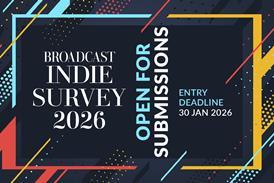

















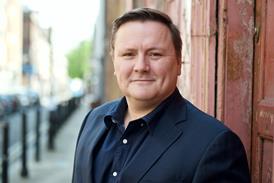
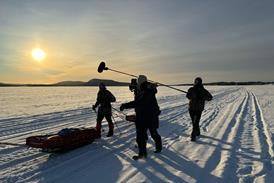
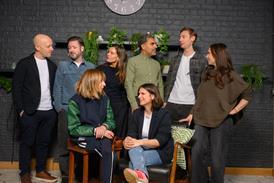






No comments yet